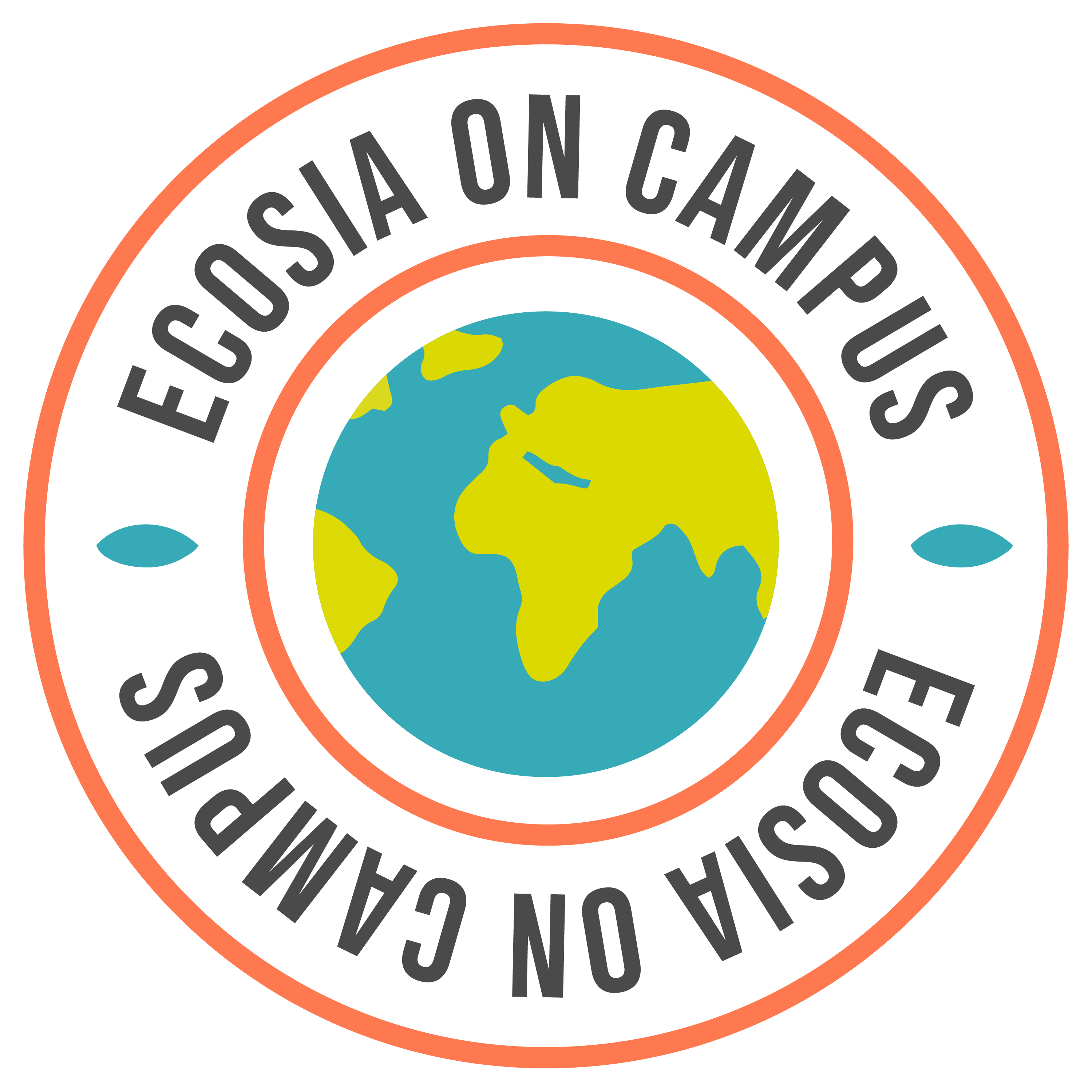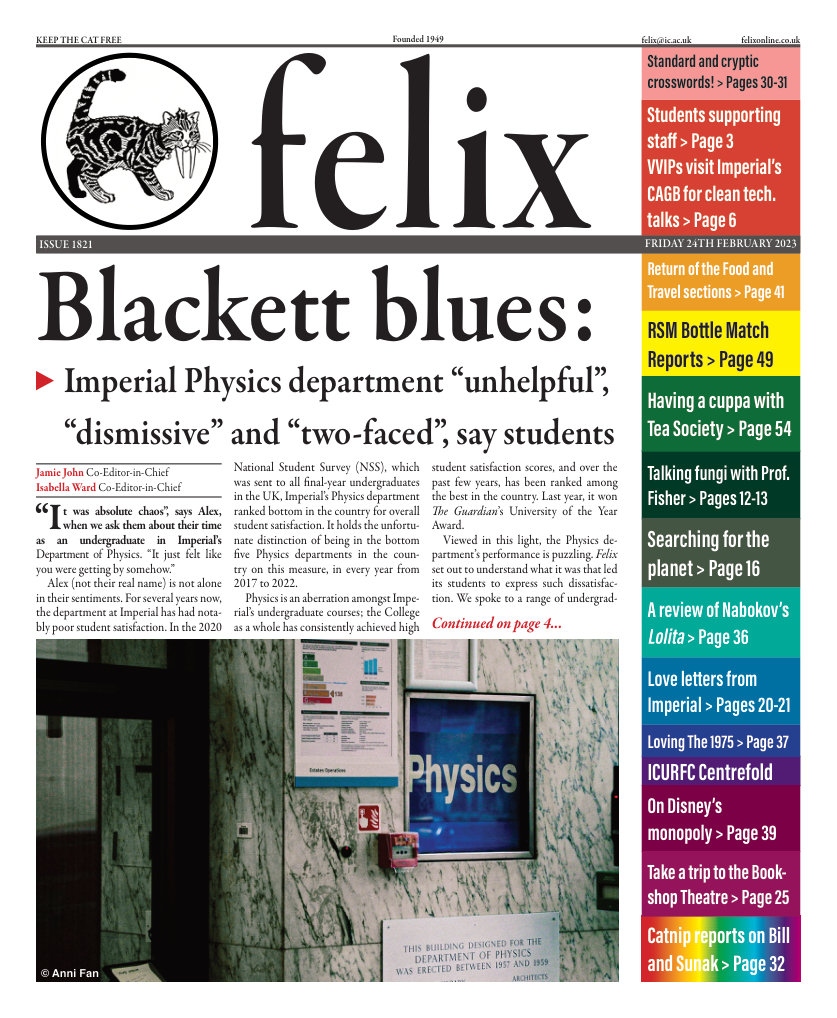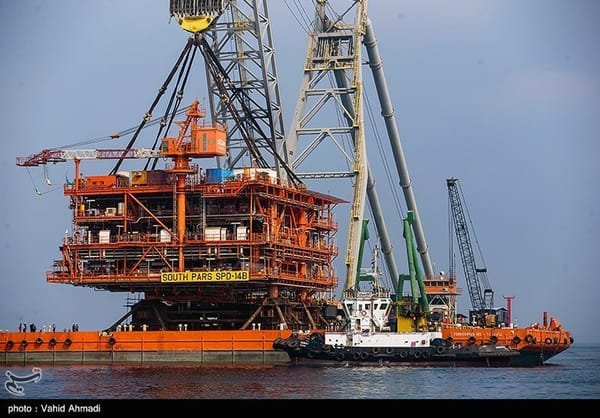Searching for a carbon negative campus
Imperial Environmental Society joins the global Ecosia on Campus movement.

Imperial College Environmental Society is adopting a campaign to switch the College’s default search engine to Ecosia — a search engine that’s private, carbon negative, and plants trees in biodiversity hotspots. Ecosia on Campus (EOC) is a campaign that aims to make our searches greener and has spread to over 300 campuses around the world. 30 universities have already made the switch, and that number is growing.
Why should anyone care? According to Imperial Climate Action, about £150,000 of sponsor funding to Imperial CSPs since 2013-14 is sourced from BP, Shell, Schlumberger, and ExxonMobil. Meanwhile, Sheetal Handa from the BP International Centre for Advanced Materials calls Imperial “one of BP’s key UK university partnerships”, and Imperial worked with Shell and Qatar Petroleum on a $70 million Carbonates and Carbon Storage Research Centre. Essentially, the College and the Student Union collaborate with companies that are actively degrading the environment for profit.
In contrast, Ecosia is a not-for-profit company that reinvests its revenue into planting trees around the world. The main source of Ecosia’s income is serving ads to its customers. Since Ecosia started operations, they have managed to plant over 167 million trees in over 13,000 planting sites thanks to the 20 million users actively searching using their engine. Switching to Ecosia would reduce our collective carbon footprint.
In fact, students at Imperial College London have already contributed to these figures! Ecosia has provided a unique link (https://ecosia.co/ ImperialCollegeLondon) to Imperial College London, as part of the EOC campaign. Using this link, the students using Ecosia have already caused over 1,000 trees to be planted through over 135,000 searches.
The Imperial Sustainability Strategy for 2021-2026 lists goals to achieve carbon neutrality as an institution by the year 2040. It plans to implement various changes with sustainability in mind, including tackling energy use. In this Strategy, the College’s Sustainability Strategy Advisory Group write that they will “continue to upgrade and enhance existing building services infrastructure to improve sustainability and energy performance.” Making Ecosia the default search engine across campus is in direct support of this vague goal.
You can join in and help with this campaign. All you have to do is scan the QR code and download the Ecosia browser extension and the mobile app. Start searching through Ecosia, and you’ll be able to see how many trees you’ve helped plant. This will also count towards Imperial College’s statistics. The more students and staff use Ecosia, the stronger of a case there will be for the college to switch to it.
Why should people use Ecosia over Google? Google has been carbon neutral since 2007, but Ecosia is carbon positive. Ecosia doesn’t just plant trees — it also produces renewable energy to power its operations. It produces twice the amount it needs and supplies the remaining to the grid, making it greener. Ecosia is not a profit-minded corporation. They pay their taxes diligently and honestly, helping fund schools, nature conservation, and foreign aid. Google is known to have exploited legal loopholes in the past to pay less tax than they are due, using shell corporations to direct money to offshore accounts. In fact, Google was accused of tax avoidance policies for several years, and they had to pay £130 million in back-payments to the HMRC in 2016. Google and parent company Alphabet are answerable to investors, so may place profit as the top priority.
Ecosia is also better for the privacy-minded individuals. They don’t create personal profiles based on search histories, don’t use external tracking tools, and don’t sell user data to advertisers. Searches made on Ecosia become anonymised after a week. Google and other commercial search engines, on the other hand, will keep hold of search data.
Ecosia is a financially transparent company working actively towards conserving our environment. According to the Ecosia website, if they were the size of Google they could absorb 15% of all global CO2 emissions. That is why there is such a need to increase the number of people using Ecosia. If we manage to get the College to switch over to Ecosia as the default search engine, we’ll be helping the environment and be a part of many universities over the globe having successfully implemented the EOC campaign.








